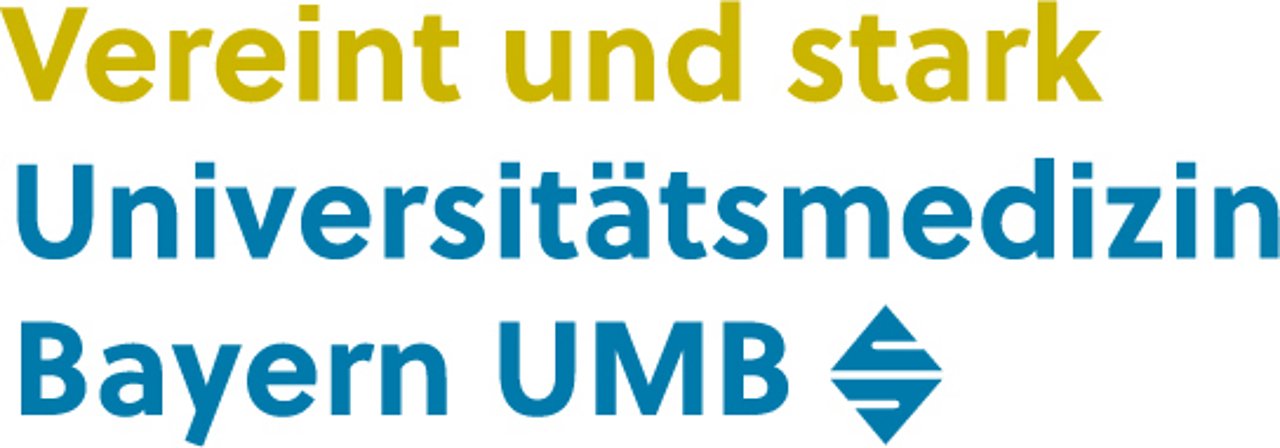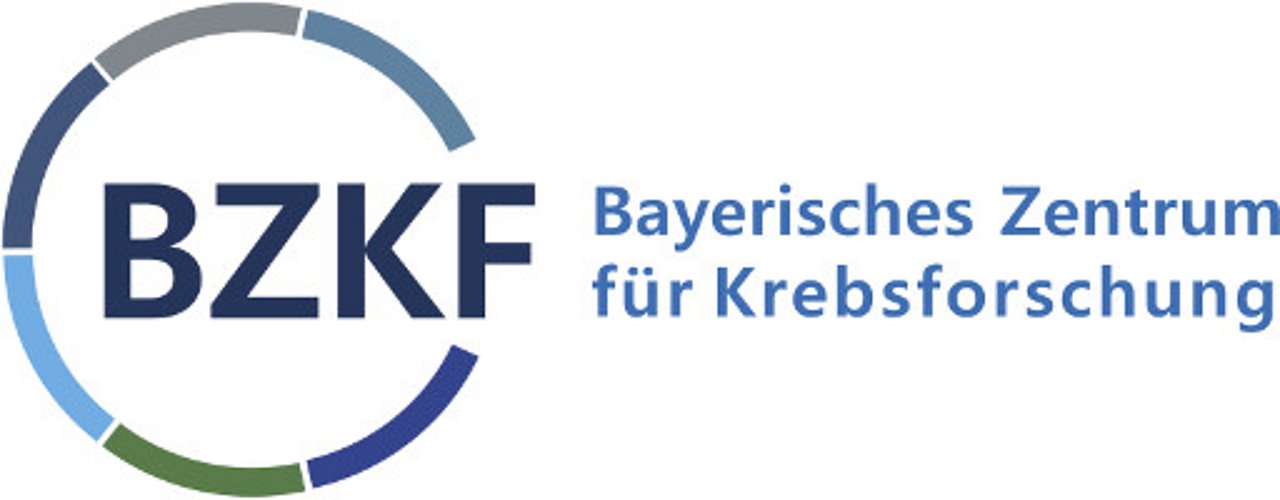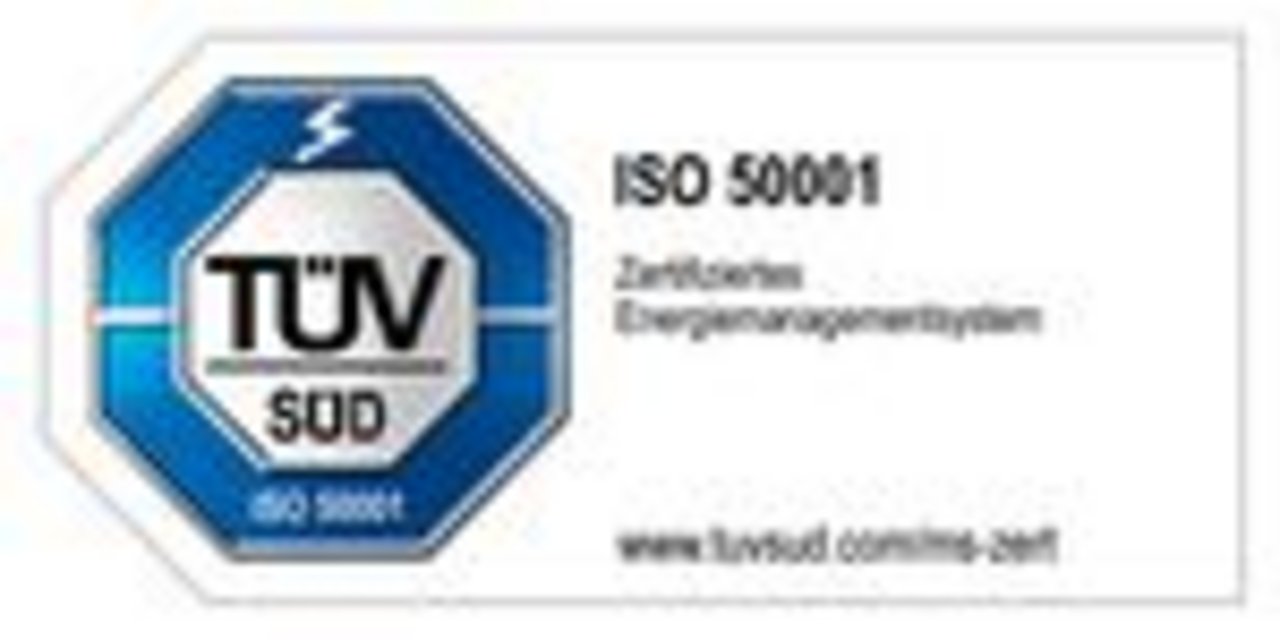The project PROSREF is taking the next step.
Prospective study on mental health and integration of Syrian refugees
The PROSREF study began in 2017 and is currently in its second survey wave.
In PROSREF we focus on Syrian refugees who fled (or will flee) to Germany and Canada between 2015 and 2019. This group has been chosen because of their homogeneity in language and culture. In particular, we survey depression, anxiety, posttraumatic stress and quality of life. These are examined with validated psychometric questionnaires in the refugees' home language. Further aspects are labour market integration and perceived verbal violence in institutions.
Progress of the Survey
The PROSREF study began in 2017 with an ELAN grant of the Friedrich-Alexander University Erlangen-Nürnberg (FAU). The first survey was conducted in the collective accommodation center in Erlangen. The first wave of the second survey was realized in 2017 where only refugees with residence permission were included.
Results
The results have been published in Georgiadou et al. 2017 and 2018.
Georgiadou, Morawa & Erim, 2017: https://www.ncbi.nlm.nih.gov/pubmed/28590438
Georgiadou, Zbidat, Schmitt & Erim, 2018: https://www.ncbi.nlm.nih.gov/pubmed/30210373
Ongoing Study
In February and March 2019 the second wave has been started.
PROSREF second wave
Ethical Considerations
As a vulnerable group we treat refugees with care and sensitivity. The surveys are designed together with the local authorities (e.g. of the city Erlangen), in particular with the Employment Agency. The study is approved by the research ethics committee of the Friedrich-Alexander University Erlangen-Nürnberg (FAU) (File number: 74_17 B).
As trustworthy NGOs we cooperate with the German Samaritan Workers Union (ASB) and cultural insiders, e.g. translators, and speakers of communities with relevant experience, to provide legal advice, psychological support and language translation.
General Principles
We are aware of the participants' legal status and include only refugees with residence permission. The procedures we implement to protect participants' interests and to ensure their involvement, will not jeopardize their safety or increase vulnerability.
Informed consent
We obtain informed consent according to the general principles by providing a native language translated information and consent form. Whenever possible, the information will take place by a cultural insider.
Incidental findings
Occasionally, findings without pathological value or hints on pathological change can emerge. These so-called incidental findings may also be indications of a serious illness. Whether a pathological finding is a sign for serious illness, the study leaders will decide after thorough consideration. They will advise the patients on further diagnostics if they have decided to be notified beforehand. A strategic plan for helping participants in these situations will be approved by the research ethics committee of the University of Erlangen-Nürnberg.
Rehousing, relocation & safe passage
Our research on participants will not influence housing, resettlement, relocation or status determination procedures. This will be communicated with the participants in the informed consent process.
Protection of personal data
All personal data collected will be kept confidential and anonymous. This is explained thoroughly to the participants in the information sheets and if necessary orally. We use e.g. pseudonymization to ensure confidentiality in all phases of data processing. The survey will be carried out using paper-pencil method, and the pseudonymized data will be processed in the respective university's own PCs, subject to the strictest protection. Protective measures to avoid unforeseen usage or disclosure, including mosaic effect, i.e. enabling identification by merging multiple sources, will be established.We hereby confirm that our procedures will comply with national and EU legislation, (in particular, EU Directive 95/46/EC). Minors will not be involved in our surveys.







